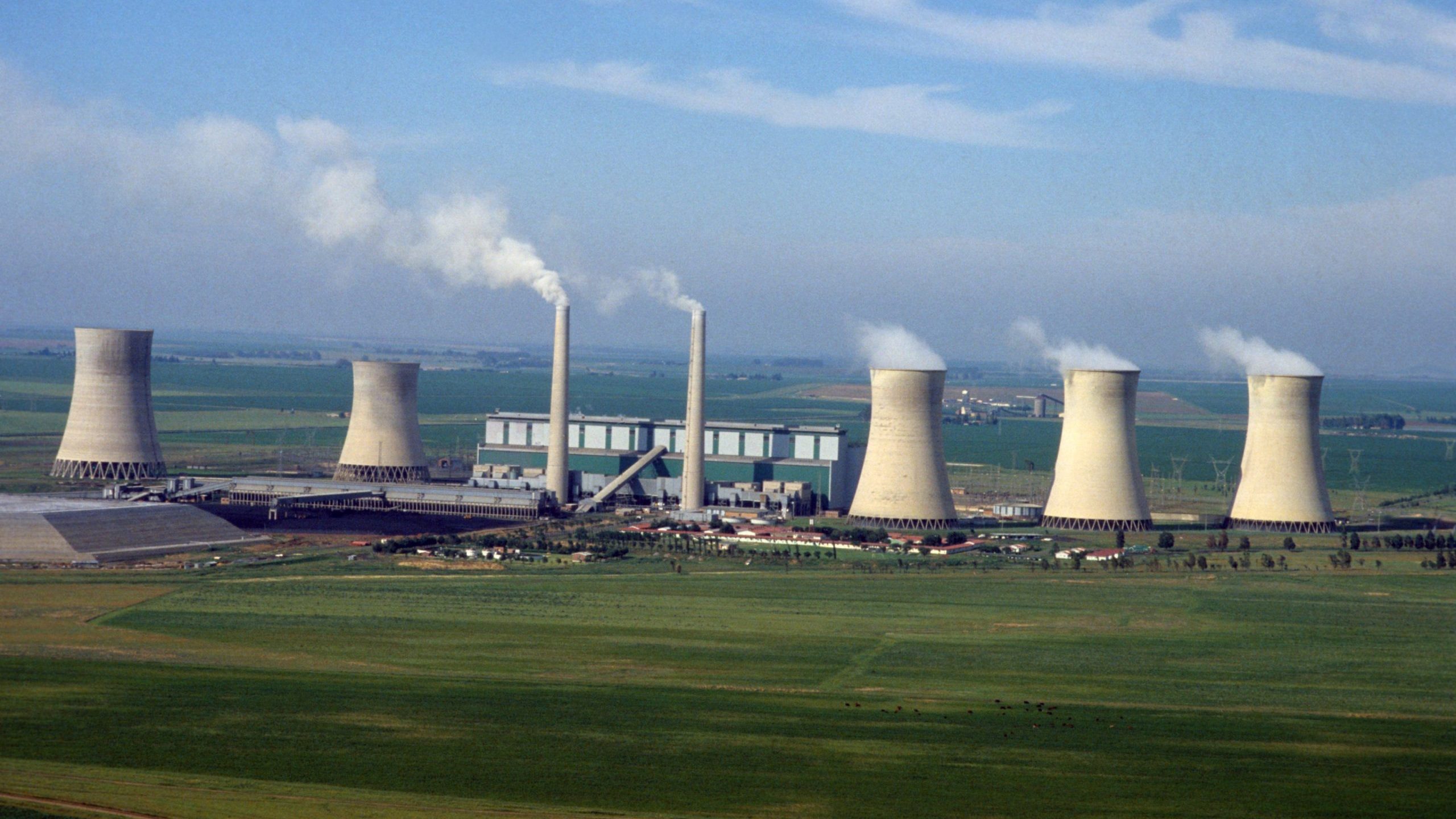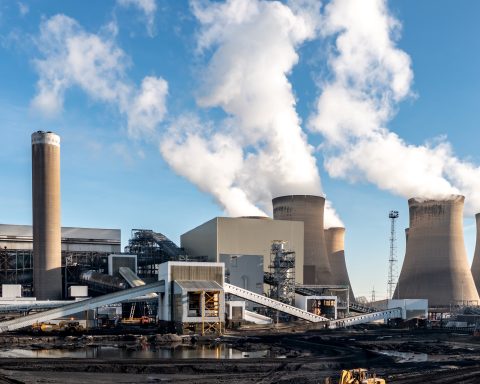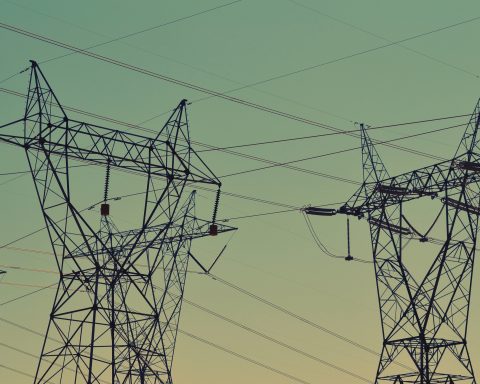The government has upheld the Eskom Duynefontein nuclear approval, confirming the 2017 environmental authorisation for a new nuclear power station near Cape Town. Forestry, Fisheries and the Environment Minister Dr Dion George dismissed appeals from environmental groups and confirmed the decision to allow construction at Duynefontein, next to the Koeberg facility.
What the Approval Means
This decision enables Eskom to move forward with its plan for a 4 000 MW nuclear facility in the Western Cape. The project aims to strengthen South Africa’s baseload electricity supply and reduce reliance on coal. The Eskom Duynefontein nuclear approval is an important milestone, yet Eskom must still secure several permits. These include a nuclear installation licence from the National Nuclear Regulator, authorisation from NERSA, and relevant water use licences.
Role in South Africa’s Energy Strategy
Nuclear energy plays a critical role in South Africa’s long-term energy mix. It offers a stable, low-carbon supply that complements renewable sources like wind and solar. By adding a second nuclear plant at Duynefontein, the country can improve grid stability while reducing emissions. Furthermore, the station would work alongside Koeberg, Africa’s only operating nuclear plant, ensuring a consistent electricity output for decades.
Environmental and Regulatory Safeguards
Before construction can start, Eskom must meet strict environmental and safety standards. Regulators will require detailed project plans, impact assessments, and operational safety measures. In addition, ongoing monitoring will ensure compliance throughout the plant’s life cycle. These safeguards are designed to protect both the environment and surrounding communities.
Next Steps for Eskom
Eskom plans to finalise the required licence applications in the coming months. Once approvals are in place, the utility can begin preparations for site development. However, the project’s timeline will depend on regulatory reviews, funding arrangements, and broader market conditions. If completed, the Duynefontein plant could become one of South Africa’s most significant energy infrastructure projects, contributing to energy security and economic growth.






